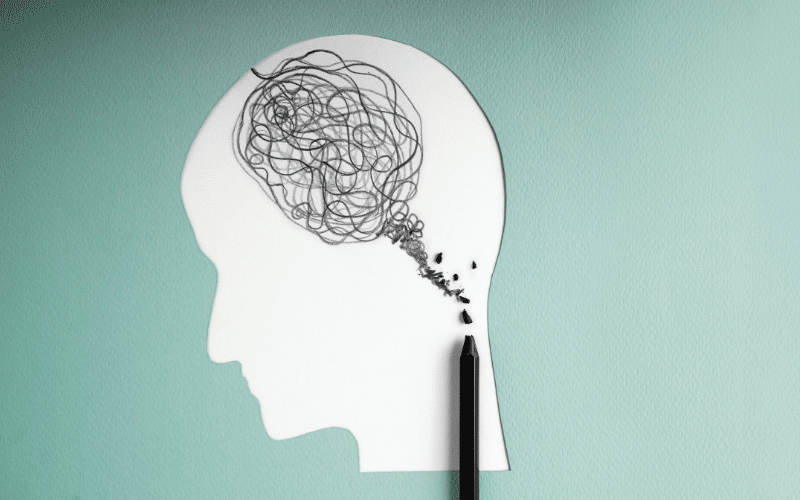Symptom 6. Difficulty Concentrating and Making Decisions: The Mental Fog of Depression

Difficulty concentrating and making decisions are common symptoms of clinical depression. Individuals with depression may find it challenging to focus on tasks, remember information, or make even simple choices. This mental fog can negatively impact work performance, academic success, and personal relationships, further contributing to feelings of worthlessness and guilt.
The inability to concentrate and make decisions may lead to a cycle of self-doubt and frustration. Individuals with depression may question their abilities and become increasingly self-critical, exacerbating depressive symptoms. It’s crucial to recognize these difficulties as potential signs of clinical depression and seek professional help to address them.
One way to combat difficulty concentrating and making decisions is to establish routines and prioritize tasks. Breaking tasks into smaller steps and setting realistic goals can help individuals with depression regain a sense of control and accomplishment. Additionally, practicing stress management techniques, such as deep breathing, meditation, or yoga, can help improve focus and mental clarity.
In some cases, individuals with depression may benefit from cognitive-behavioral therapy (CBT) or other therapeutic approaches to address difficulties with concentration and decision-making. A mental health professional can help develop personalized strategies for improving focus and cognitive function.
Recognizing difficulty concentrating and making decisions as symptoms of clinical depression is essential for getting the appropriate help and support. By addressing these issues and implementing effective coping strategies, individuals with depression can begin to regain control of their lives and improve their overall well-being. (6)